Agricultural expert Hoang Trong Thuy had an interview with a reporter from Cong Thuong Newspaper about this issue.
Sir, according to information from some media agencies, in the bidding on May 21, 2024 of Indonesia to import 300,000 tons of 5% broken white rice, some Vietnamese rice exporting enterprises bid and won the bid with a price lower than the export price of Vietnamese rice on the world market. What is your comment on this?
I was a bit surprised because among the winning enterprises, there was a large corporation, which was quite financially sound. However, they bid low prices for rice - which is a "strange" and rare event in trading. So! What kind of rice is it? If it is sticky rice, fragrant rice (high-quality rice), this is surprising and makes farmers extremely worried. Because the export of high-quality rice will certainly increase in both quantity and price. Because information from the Food and Agriculture Organization (FAO) shows that there will be a shortage of about 7 million tons of rice in 2024. If it is regular rice, low-quality rice, then there is concern, but it is also easy to overcome.
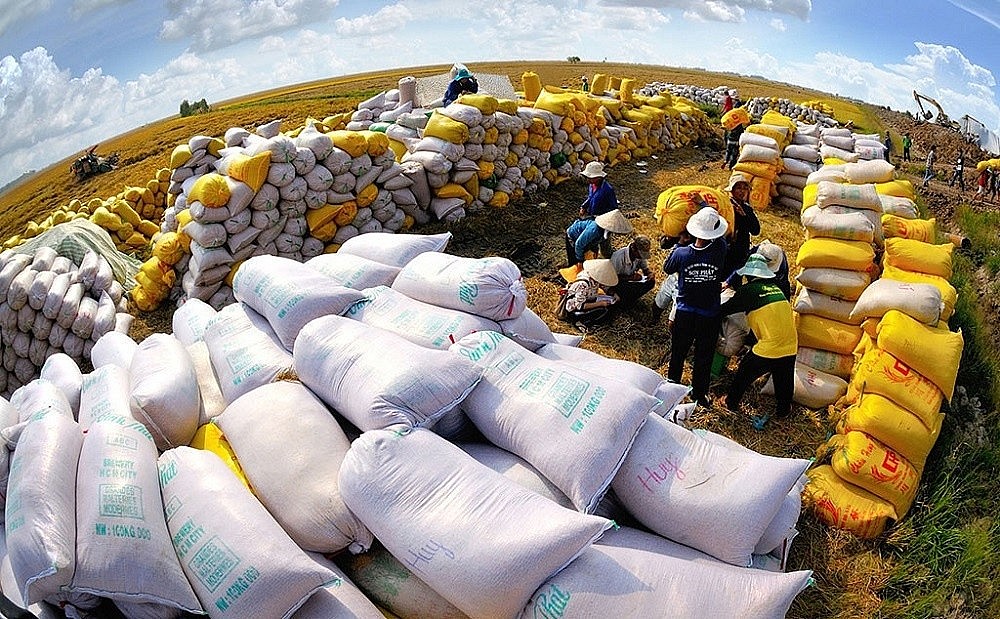 |
| Businesses bid for low-priced rice: Don't let small matters in trade become "problems" to worry about |
On the other hand, it is also necessary to consider whether this is the business strategy of this Group? It could also be due to the calculations or forecasts of the export situation of the enterprise. The fact that the enterprise bids low leads to two situations: if the demand for rice in the world increases, the enterprise bidding low will lose money due to the high domestic rice price. On the contrary, if the demand is low or the supply increases if India reopens rice exports, the enterprise still has orders to deliver.
Bidding low or high prices is the right of enterprises. However, low prices will also affect the management of management agencies, exporters and farmers. Because it is very possible that many buyers will use this as a basis to lower the price of Vietnamese rice, causing disadvantages for rice growers. And it is very possible that it will cause damage to Vietnamese rice exports.
Low bidding prices are considered to have negative impacts on the entire rice industry. The proposed solution is to re-apply a floor price. What is your comment on this?
The floor price solution helps flexibly handle the problem when the market is very hot and the difference between buying and selling prices is too large, many units compete with each other, affecting the image of rice or the development strategy of Vietnamese rice. At that time, we use the floor price as a regulatory tool.
However, if we set a floor price in a market context where it is not necessary to such an extent, then I think it is not necessary.
Some opinions say that exporting rice at low prices may violate competition laws. What is your comment on this?
We need to use legal regulations to see if businesses violate subsidies or price subsidies. If businesses publicly disclose information and make profits, can they make the story more confusing within the industry?
 |
| Agricultural expert Hoang Trong Thuy |
So, we still need to consider specifically what kind of rice is being bid for, low-grade rice or high-grade rice? If it is high-grade rice, is it necessary to carefully review the motive?
In the first 5 months of this year, rice exports reached nearly 4 million tons, earning 2.65 billion USD (up 38.2%). It is estimated that rice exports will reach about 8 million tons for the whole year. However, rice farmers feel uneasy about bidding at low prices, and businesses also believe that this is not for the common good, leading to the solidarity and joint efforts of businesses in rice export being shaken.
Obviously, even though businesses want to go far, they do not go together. How will this affect the Vietnamese rice industry, sir?
Normally in Vietnam, businesses sign contracts before purchasing rice from farmers. Vietnam's rice market still has unfair competition, competing to buy and sell, or traders forcing farmers to lower prices when prices are low or forcing exporters to lower prices when prices are high when they do not have raw material areas.
Vietnam is promoting rice cultivation to reduce greenhouse gas emissions, in order to increase the value of exported rice. At the same time, it shows a commitment that Vietnamese rice is responsible to consumers and the environment, but if businesses are in turmoil within themselves, can Vietnamese rice ensure the trust of customers?
Obviously, bidding low seems to be a small matter in trade, a freedom of enterprises, but on the contrary, it has become a worrying “problem” for managers, rice exporting enterprises and farmers. Even some traditional markets importing Vietnamese rice will be more suspicious and scrutinized. And most likely, they base their price on the low bidding price, Vietnamese rice will not be able to increase higher.
The Ministry of Industry and Trade has just sent an urgent document to the Vietnam Food Association (VFA) requesting verification of information about rice exporting enterprises 'bidding at low prices'. What is your opinion on this?
I support the Ministry of Industry and Trade on this policy. Because when there is a 'strange' phenomenon in trade and it affects farmers on a large scale, affecting the image of rice that we have built in the international market, it is necessary to find out the cause, on that basis to handle it quickly and accurately, from which we can gain valuable lessons in rice management and export.
Thank you!
Source: https://congthuong.vn/doanh-nghiep-bo-thau-gao-gia-thap-dung-de-viec-nho-trong-giao-thuong-thanh-van-de-dang-lo-nghi-323439.html


![[Photo] Bus station begins to get crowded welcoming people returning to the capital after 5 days of holiday](https://vstatic.vietnam.vn/vietnam/resource/IMAGE/2025/5/4/c3b37b336a0a450a983a0b09188c2fe6)


![[Photo] National Assembly delegates visit President Ho Chi Minh's Mausoleum](https://vstatic.vietnam.vn/vietnam/resource/IMAGE/2025/5/5/9c1b8b0a0c264b84a43b60d30df48f75)


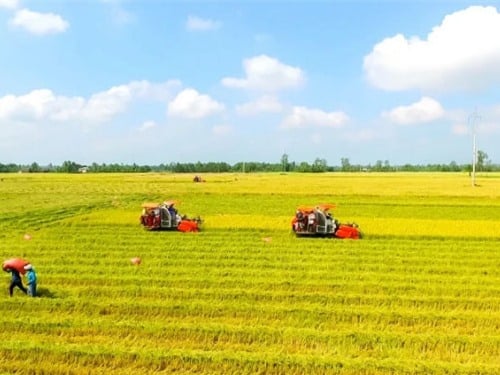

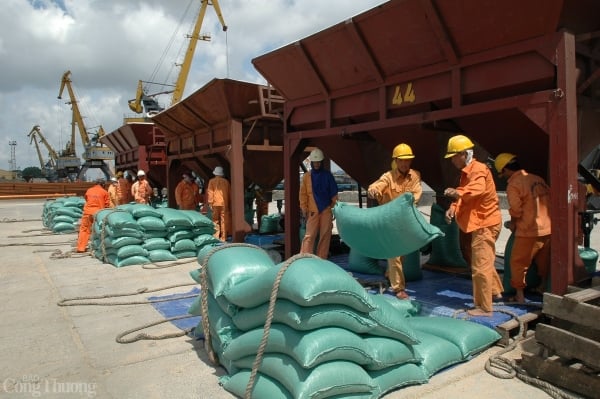
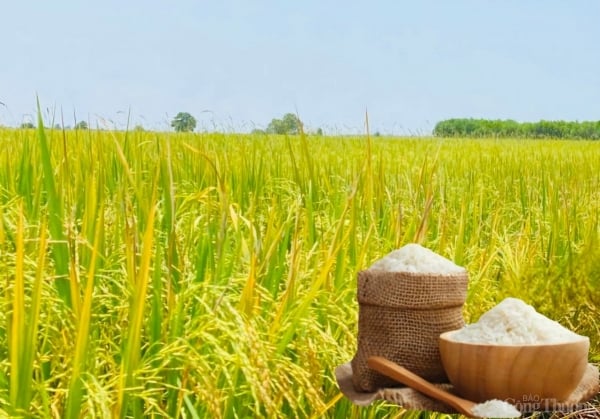
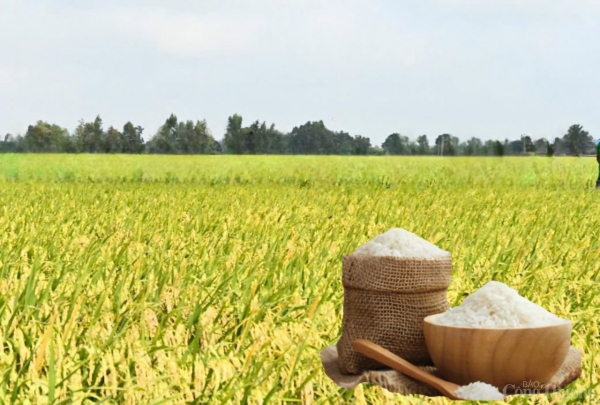
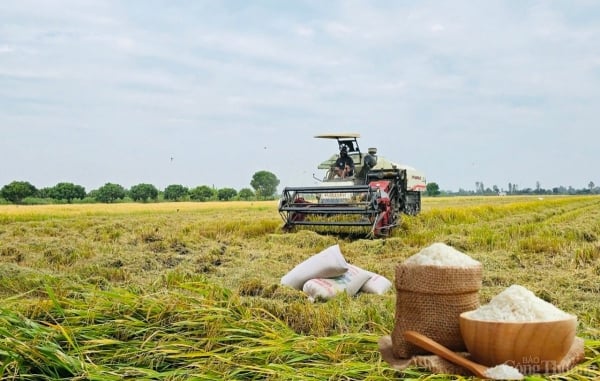
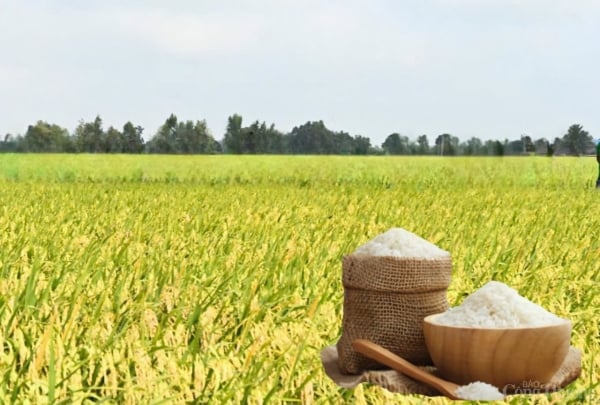








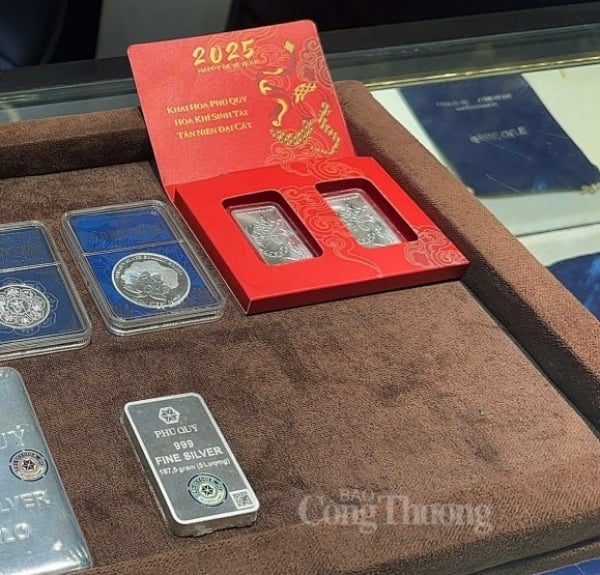



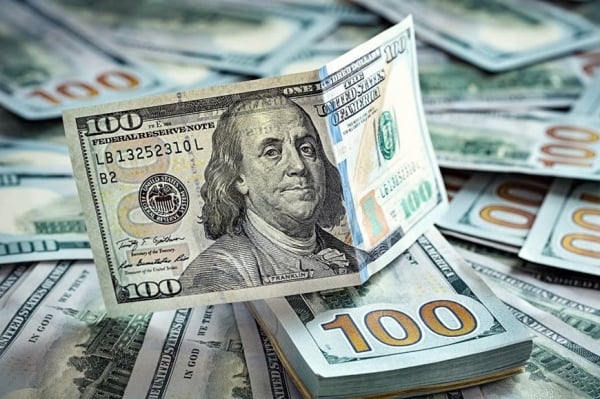
![[Photo] General Secretary To Lam receives Sri Lankan President Anura Kumara Dissanayaka](https://vstatic.vietnam.vn/vietnam/resource/IMAGE/2025/5/4/75feee4ea0c14825819a8b7ad25518d8)

![[Photo] Vietnam shines at Paris International Fair 2025 with cultural and culinary colors](https://vstatic.vietnam.vn/vietnam/resource/IMAGE/2025/5/4/74b16c2a197a42eb97597414009d4eb8)
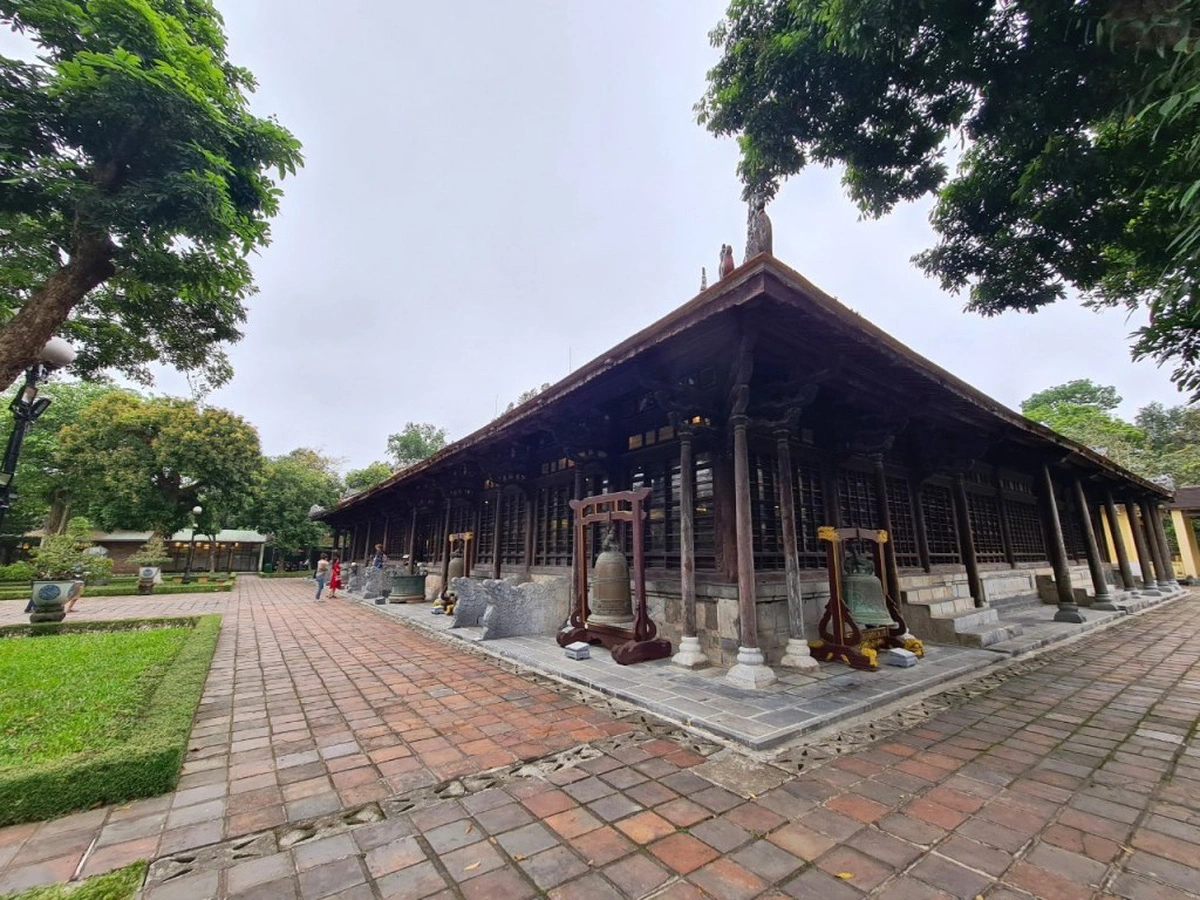





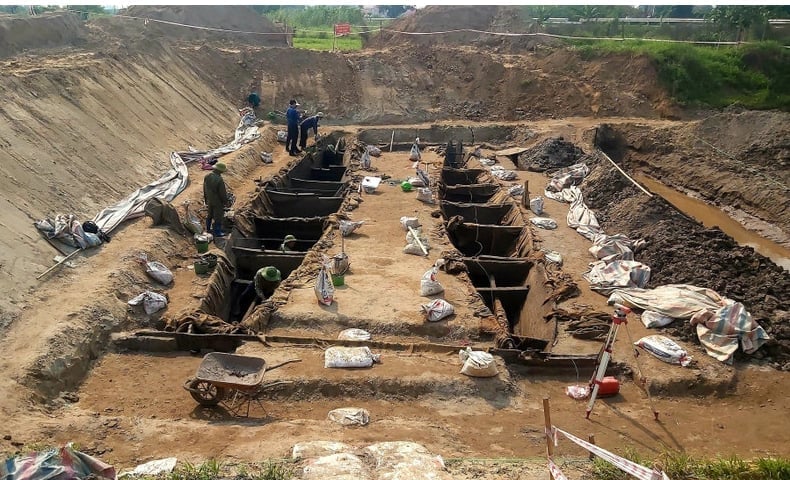


















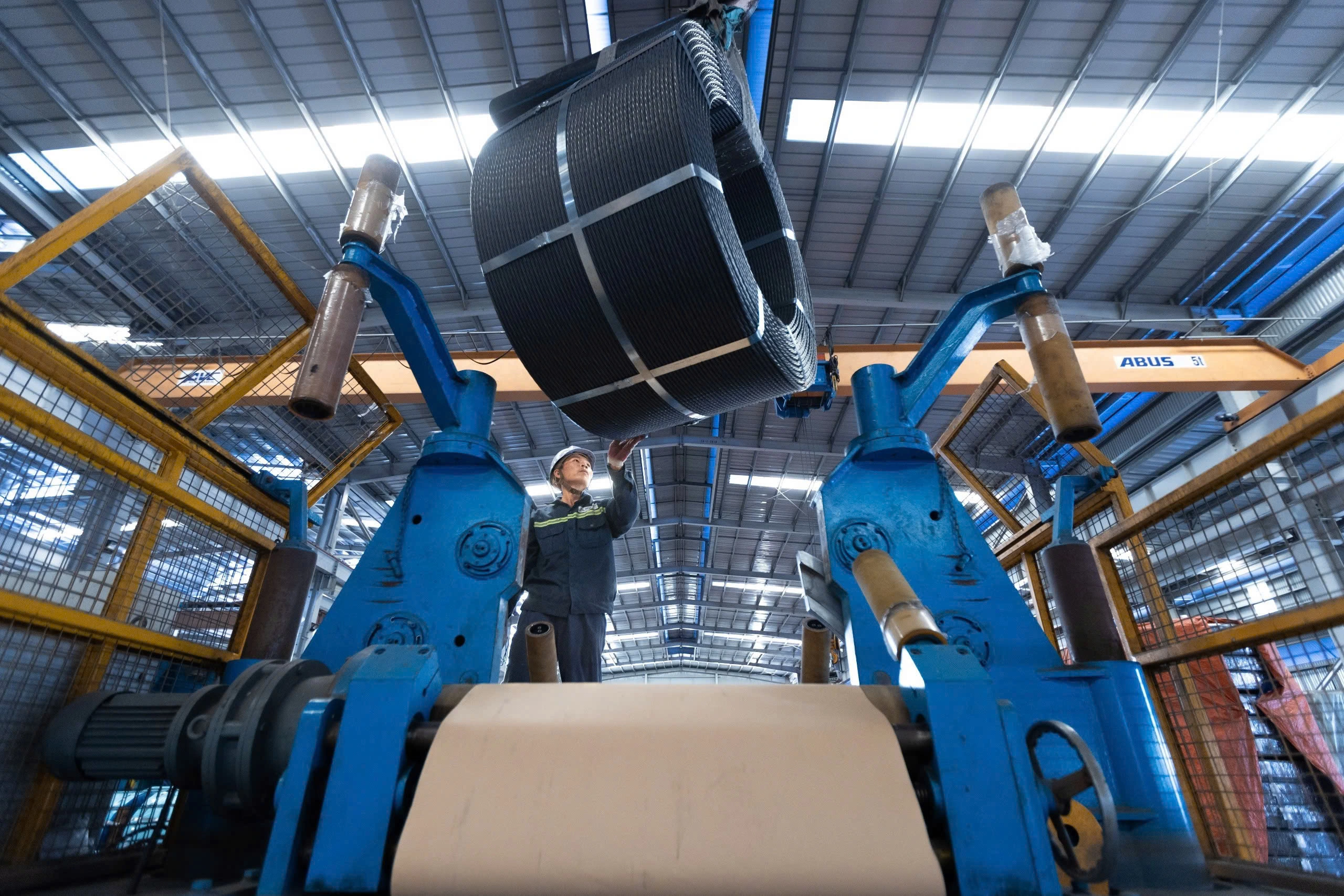






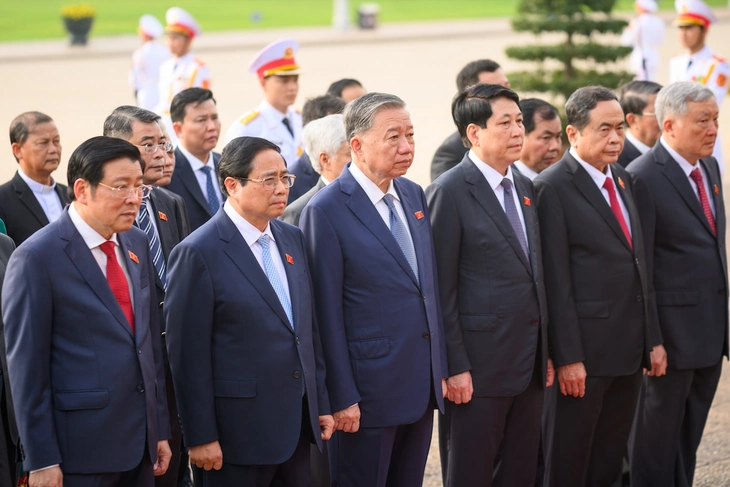










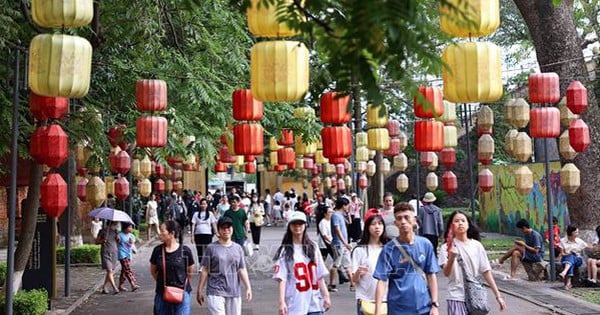












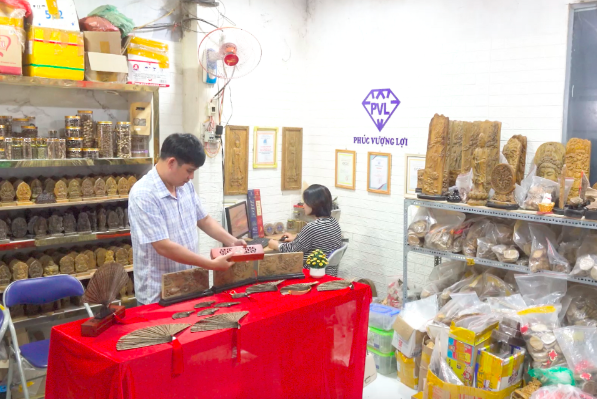



![[Video]. Building OCOP products based on local strengths](https://vstatic.vietnam.vn/vietnam/resource/IMAGE/2025/5/3/61677e8b3a364110b271e7b15ed91b3f)


Comment (0)